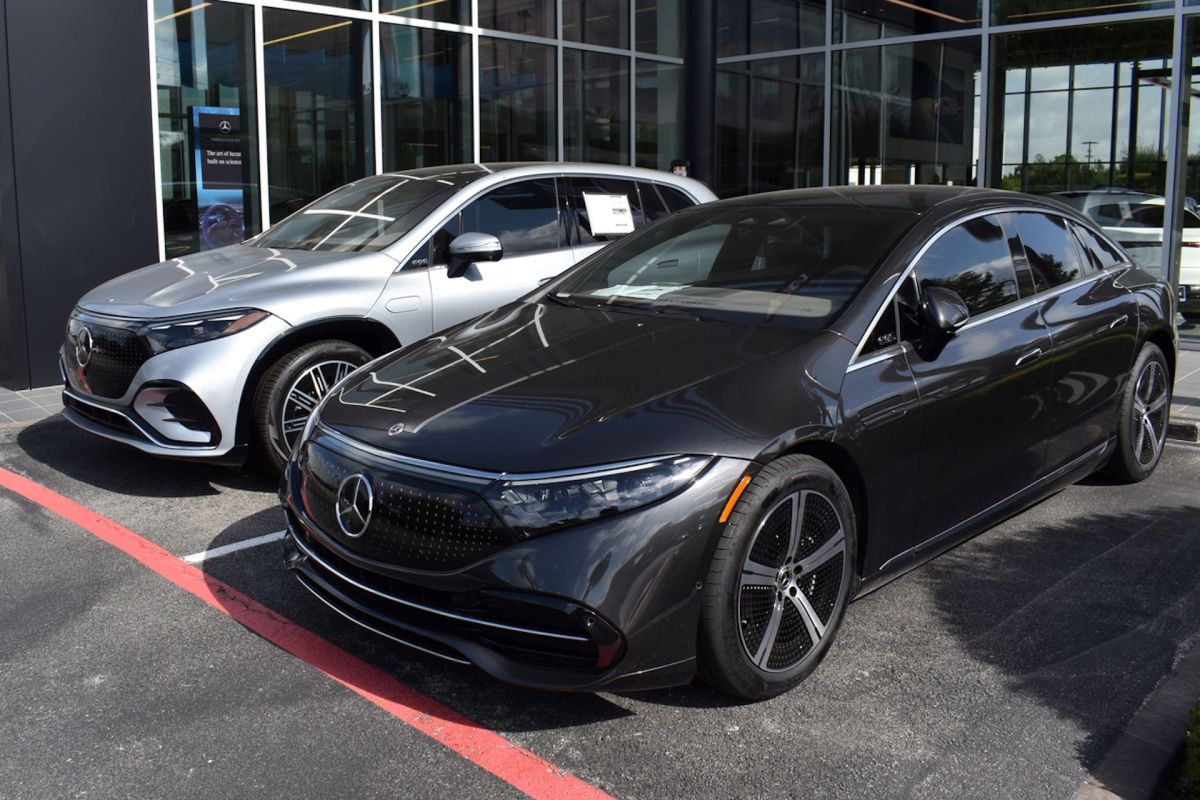There are so many good reasons to invest in an electric vehicle. They are much cheaper to run than traditional dirty-fuel-powered cars, you can charge them up at home, and they produce zero planet-warming pollution when out on the road.
The United States government has just made it even more attractive, with the $7,500 federal tax credit for purchasing one now a lot easier to get hold of.
NEWS: The U.S. Treasury Department today issued new guidance on how a $7,500 EV tax credit can be used as a point-of-sale rebate starting in January.
— Sawyer Merritt (@SawyerMerritt) October 6, 2023
Starting Jan. 1, consumers can transfer the credits to a car dealer, effectively lowering the vehicle's purchase price:… pic.twitter.com/3nLheQvHnp
According to NPR, from January 2024 on, customers will not need to wait for the next tax year to roll around before getting their hands on the incentive. Whether as a cash reimbursement or as a down payment for their next vehicle, the outlet said: "The credit will be available as cash in hand on the day of purchase."
"For the first time, the Inflation Reduction Act allows consumers to reduce the up-front cost of a clean vehicle, expanding consumer choices and helping car dealers expand their businesses," an announcement from the United States Department of the Treasury said.
"The IRS has focused on streamlining this process for car dealers as part of its commitment to improving service and helping taxpayers claim the credits they are eligible for."
Not only is the process a lot quicker, but it's been designed to be easier for both dealer and customer, too.
NPR said dealerships will register with the IRS, and they can then confirm whether the vehicle on sale applies for the tax credit by checking the vehicle identification number.
That takes the burden off of customers to try to figure out if their desired model allows for the generous benefit.
Customers still need to confirm the car will be for personal use and that they're not a dependent on anyone else's taxes, and they will also need to be under the income limit of $150,000 adjusted gross income for an individual, $225,000 for a head of household, and $300,000 for married couples filing jointly or surviving spouses.
While there are still circumstances in which the incentive will need to be repaid, such as passing the income cap in consecutive tax years, it's still going to help a lot of people on lower annual incomes invest in the technology.
TCD Picks » Upway Spotlight
💡Upway makes it easy to find discounts of up to 60% on premium e-bike brands
In December, though, the Biden Administration announced that, starting in 2024, "vehicles are not eligible for the clean vehicle credit if the battery contains battery components manufactured or assembled or applicable critical minerals extracted, processed or recycled by a foreign entity of concern."
In Deloitte's Global Automotive Consumer Study, the cost or price premium of an electric vehicle was the number one barrier for customers looking to buy a battery-powered electric vehicle, with 52% of U.S. respondents citing this as the biggest concern.
But $7,500 is a serious chunk of change to make bringing an electric vehicle home a lot more viable.
Join our free newsletter for cool news and actionable info that makes it easy to help yourself while helping the planet.














